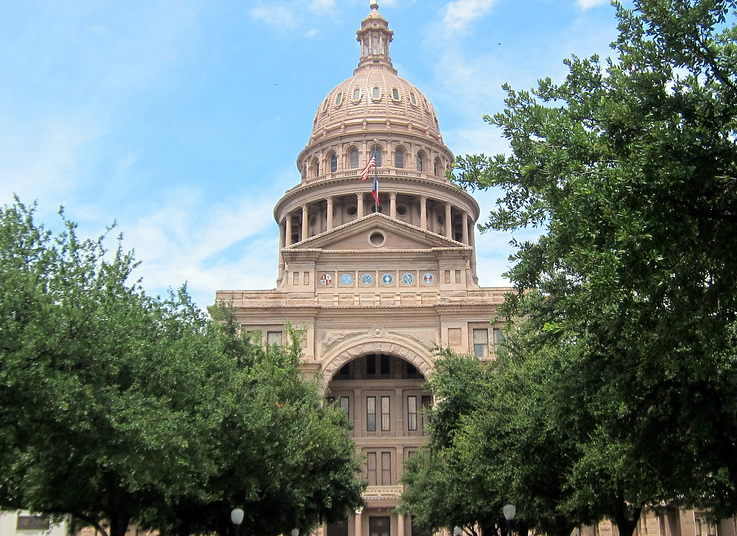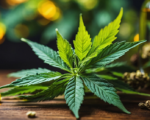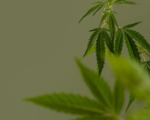Texas lawmakers just shut down another push to outlaw hemp products with THC, leaving thousands of jobs and billions in economic value intact. This marks the third time Lt. Gov. Dan Patrick has tried and failed to ban these items, with the state House refusing to act. But what drove this heated fight, and how does it hit everyday Texans?
Senate Pushes Hard for a Total Ban
The Texas Senate passed Senate Bill 6 on August 18 with a 22-8 vote. This bill aimed to stop the making and selling of hemp goods that have even tiny amounts of THC or other cannabinoids that can make you high. It spared nonintoxicating options like CBD and CBG.
Lawmakers like Patrick called these products a public health risk, pointing to their easy access and potential for abuse. Yet the House never picked up the bill, letting it die as the second special session wrapped up early.
This isn’t new. Patrick has led two prior attempts to crack down on the hemp THC market, both fizzling out amid pushback from business owners and users who rely on these items for pain relief and relaxation.
Proponents of the ban argued it would protect kids and cut down on unregulated sales.

Huge Economic Hit Avoided for Now
The hemp industry in Texas packs a punch, with an estimated $10.3 billion in economic impact. That’s according to a report from Whitney Economics, a firm that studies cannabis markets. Their data, gathered in 2024, shows this sector supports over 50,000 jobs across thousands of small businesses.
Without the ban, stores selling gummies, drinks, and other hemp THC items can keep operating. Many owners breathed a sigh of relief, as a shutdown could have wiped out livelihoods overnight.
Think about it: farmers growing hemp, shops stocking shelves, and workers packing orders all hang in the balance.
One key fact stands out. Hemp became legal in Texas back in 2019 under House Bill 1325, signed by Gov. Greg Abbott himself. That law opened the door to this booming market, but now leaders like Patrick want to slam it shut.
- Over 9,000 small businesses rely on hemp sales.
- The industry adds billions to state taxes and local economies.
- Jobs range from farming to retail, touching rural and urban areas alike.
Political Drama Behind the Scenes
Lt. Gov. Dan Patrick announced on September 3 that talks broke down with House Speaker Dustin Burrows and Gov. Greg Abbott. No deal meant no ban, and the legislature adjourned without action.
Patrick, a strong voice for prohibition, framed it as a loss but vowed to keep fighting. He has pointed fingers at the House for stalling, while Abbott called for regulations instead of a full ban during the special session.
This clash shows deep divides in Texas politics. Republicans control the state, yet they split on issues like this, with some seeing hemp as a freedom issue and others as a danger.
Abbott vetoed a similar bill earlier this year, setting up this showdown.
Critics say big pharma and alcohol lobbies might be pulling strings, donating big to push out competition from natural alternatives.
The fight dragged on for months, with tearful testimonies from users who say hemp THC eases chronic pain without opioids.
What This Means for Consumers and the Future
For everyday Texans, this outcome keeps options open. People using hemp products for anxiety, sleep, or pain can still buy them legally, avoiding pricier or riskier alternatives.
But the debate isn’t over. Patrick has hinted at more tries in future sessions, possibly in 2026. Industry groups like the Texas Hemp Business Council praised the rejection, calling for smart reforms instead of outright bans.
They suggest age limits and testing standards to address safety worries without killing the market.
Experts predict regulations could come next, balancing access with controls.
One thing is clear: this evasion buys time for the industry to grow roots and rally support.
Maria Garcia is an award-winning author who excels in creating engaging cannabis-centric articles that captivate audiences. Her versatile writing style allows her to cover a wide range of topics within the cannabis space, from advocacy and social justice to product reviews and lifestyle features. Maria’s dedication to promoting education and awareness about cannabis shines through in her thoughtfully curated content that resonates with both seasoned enthusiasts and newcomers alike.








